Before getting too much into communications school, let’s start with what the 0602 MOS is all about. At TBS you learn NOTHING about what Communications Officers actually do. Comm actually has a bad reputation because the one or two classes you get about it are so damn boring, and comm rarely works right when clueless lieutenants are trying to use it.
All in all, if you went through TBS with no outside knowledge of what the job is all about, you would really have no good reason at all to pick it.
WHAT DOES A COMMUNICATIONS OFFICER DO?
Communications Officers “enable command and control.”
What this means is that it’s our job to plan and set up the means by which the commander is going to develop his situational awareness and give orders to his subordinates. For example, planning and setting up a vast array of technical systems: various radios that work on different frequencies, computers, and satellite communications. For instance, several of our radios can be hooked up to a computer to transmit data instead of voice. Let’s say you have a recon unit out at a listening post. An enemy convoy drives by, and they take a picture of it. They can send that picture back to the Chain of Command via radio.
It would be impossible to go into full detail of the capabilities that comm can provide to the commander. Suffice to say that with rapidly developing technology it’s a vast, growing, and really engaging field.
So that’s what comm provides, but what does a Communications Officer do?
They are a unique kind of officer in that they wear two hats. An infantry battalion’s 0602 is simultaneously a staff officer (the S-6) and a platoon commander (in charge of about 60 Marines).
As a staff officer, you’re responsible for working with the rest of the battalion staff to plan operations; obviously your job is to plan the comm side of the operation. At communications school, you’ll be one of the few 2ndLt’s that gets schooled up on the Marine Corps Planning Process, or MCPP, which is essentially how a staff writes an Operations Order at the battalion level and higher.
As a platoon commander, you’ll have anywhere from 60-80 Marines under your charge. They’ll be split up into sections, such as radio, data, and wire. Each section will have a chief (probably a SSgt), and your platoon will have a comm chief (probably a MSgt). That’s a wealth of knowledge, experience, and leadership to rely on and learn from.
The opportunity to be a staff officer (where your peers on the staff will be senior 1stLts, Captains, and Majors), and a platoon commander with 4 subordinate SNCOs to rely on and learn from is truly unique. Combine this with an interesting, technical, and increasingly important skill set, and the MOS becomes even more exciting.
Now, infantry battalions aren’t the only places that 0602’s can go, so you can expect even more available opportunities.
COMMUNICATIONS SCHOOL
First of all, it’s much less miserable and daunting then The Basic School. Although, this is true with just about every MOS school except Infantry Officer Course (IOC).
It seems that once you hit your MOS school, the “evaluating” issue is less important than it was at OCS (where they were trying to see if they even wanted you or not), and TBS (where your standing determined your MOS and future career). At communications school, they just want you to learn the material so you can be a good at the job. The staff of mainly Captains are extremely accessible, friendly, and knowledgeable.
All that said, it’s definitely a tough course. A lot of information is condensed into a relatively short period of time. Six months is SHORT compared to the information we’re expected to absorb. The POI is divided into “annexes” that cover specific aspects of comm. For instances, the end of the Bravo annex is about single channel radio.
There are 3 Field Exercises, which will be covered in later posts.
Communications school was located in Quantico on mainside. It has since been moved to 29 Palms. The location of the MOS school shouldn’t drastically affect your decision, but those with families may be concerned about living 6 months in the desert.

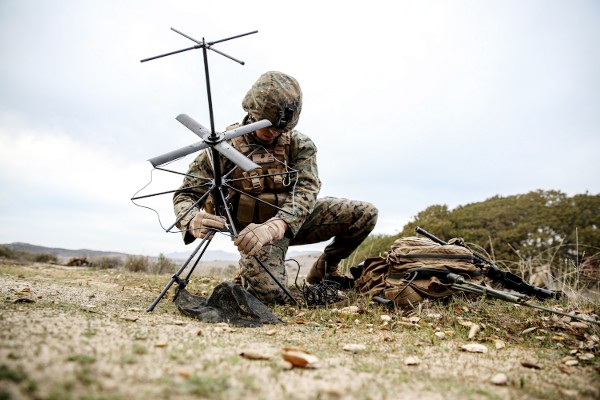

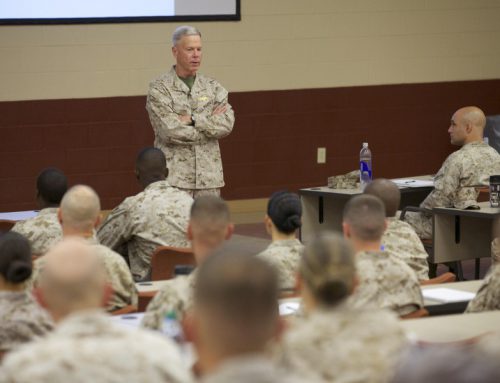
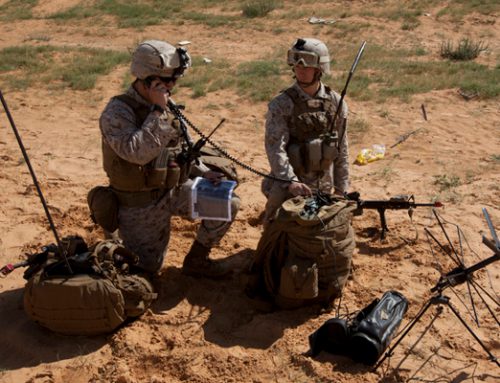
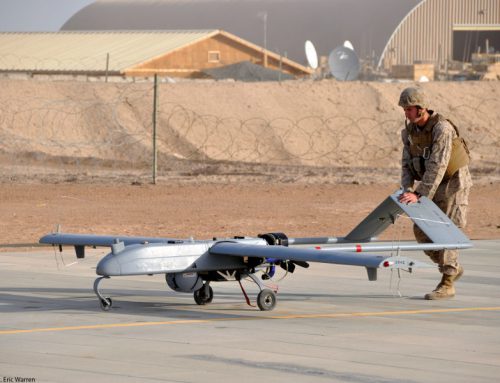
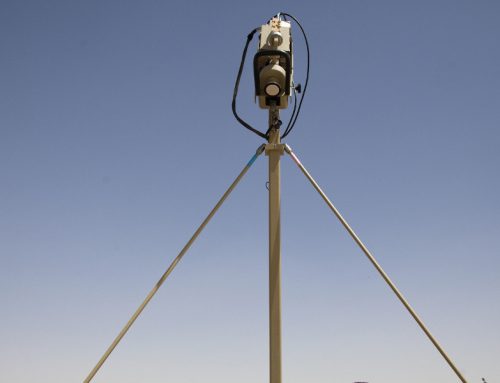
Quick Tip on Field Exercises, remember the phrase; “Gas, gas, gas” and learn it well.
Good evening. Are there any sources you would recommend a student waiting to pick up class utilize? Thank you.
– 0601
https://www.freeccnastudyguide.com/study-guides/ccna/
Focus on the first two chapters which will help you with some of the harder material that comes up later in the course.
Thank you for the website. It has a lot of great information. Are those certifications that your class was offered last year?
If you want to actually get a certification like CCNA or SEC+, you will have to coordinate that on your own. Comm School will cover some of the material, but getting certified requires additional effort on your part. Luckily, 29 Palms has testing center so you can take the test while in school.
When looking up how long it’s been since CommSchool was moved to 29 Palms, I came across this post. My experience is not from the classroom side but from offering furnished accommodations to students. Which apparently been nearly ten years now!
From my perspective, the class is pretty reasonable. Students leave at a reasonable time for PT and class and home for runs and dinner. They can enjoy the growing community of 29 Palms, Joshua Tree National Park, and surrounding areas after work or on weekends.
Field exercises are limited to one or two short exercises, but you can almost count on wind or snow depending on what class you take. It is almost comical that it can be so dreamy right until those few days in the field.
Closer to graduation, students work from home on class projects and have a more relaxed day. From an outsider, it seems like a pretty good MOS, and please don’t discount MCAGCC and 29 Palms; it’s not the armpit you have heard!